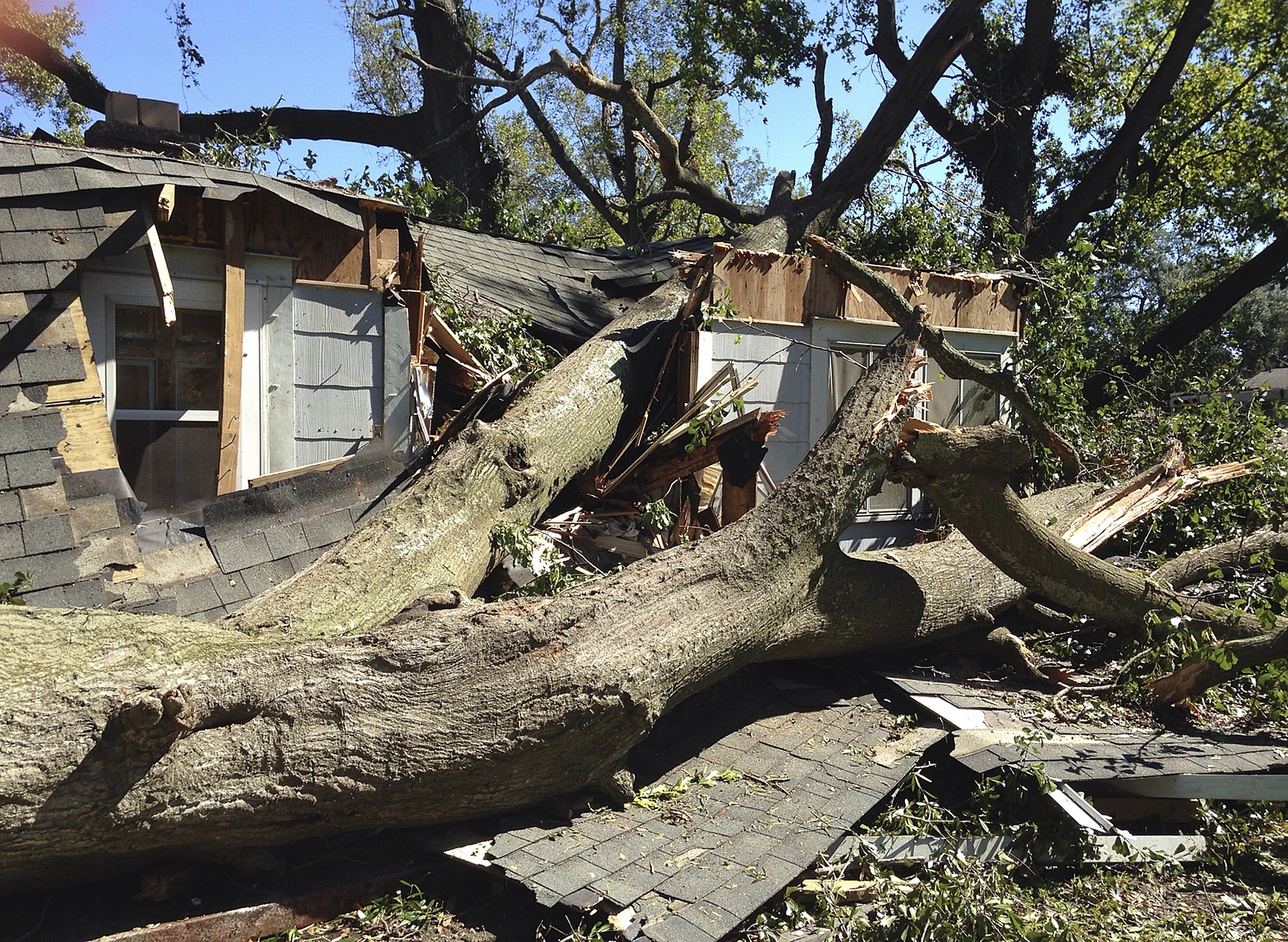Emergency officials in some Georgia coastal counties are nervously bracing for this year’s hurricane season amid new dangers posed by the coronavirus to people who would require help evacuating.
“If we have to evacuate, it’s going to be a nightmare,” said Ty Poppell, director of the Emergency Management Agency in McIntosh County, south of Savannah.
Poppell said putting evacuees on a bus and maintaining 6 feet of space around each person to help prevent potential exposure to the virus would be a big problem.
As of mid-May, the county was still working to update its hurricane response for the virus, Poppell said. Hurricane season officially starts Monday, and forecasters are expecting a busier-than-normal season.
In neighboring Liberty County, emergency management director Larry Logan said he didn’t have enough shelters to maintain social distance in case of a mass evacuation. He was concerned that fear of contracting the virus at a shelter would lead more residents to ignore any evacuation orders.
“This is going to be all new. It’s going to be a trial and error thing,” he said.
State officials are looking at hotels and motels as a sheltering option and “striving” to have smaller shelter populations, the Georgia Emergency Management & Homeland Security Agency said in an email.
Motels and hotels can be helpful in isolating COVID-19 patients or people suspected of having the virus.
Every shelter would screen evacuees for the virus during registration, Georgia’s emergency management agency added, though it did not elaborate on how that would be done. It received federal guidelines for sheltering on May 15, it said.
“We also ask that Georgians begin formulating plans for themselves, their families and pets now, in the event an evacuation is necessary in the future,” the agency said in its email.
Other county officials said they would require masks for any evacuees and had enough supplies to provide them.
Glynn County also planned to reduce staffing at its emergency operations center during a hurricane to try to prevent them from being too close to each other, which would raise their risk of contracting the virus. Some people would instead work remotely, said Alec Eaton, interim director of the county’s emergency management agency.
Chuck White, the emergency management agency director in Camden County, noted that counties rely heavily on the Red Cross and other organizations for help housing residents and providing other support.
He said the virus has taken up much of county officials’ time while also making it difficult to gather in groups for discussions about responding to a hurricane. So counties have fallen behind in getting residents ready and running hurricane drills.
“That reduces our level of preparedness,” he said.








